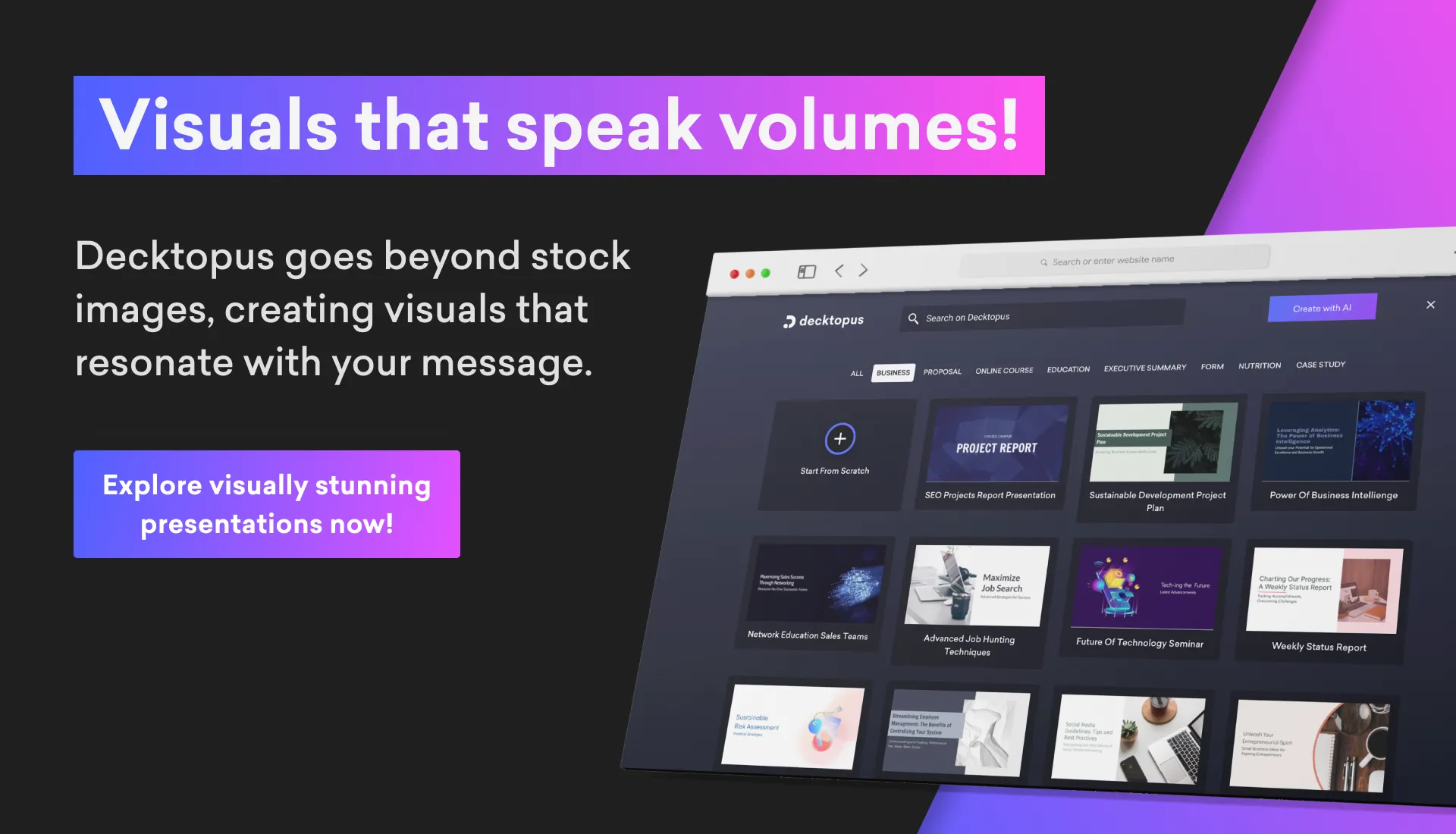Innovation in Analysis: A Spotlight on the Top 10 Competitor Analysis Tools
Competitor analysis is a pivotal aspect of strategic planning for businesses aiming to stay ahead in the market. Leveraging advanced tools streamlines this process, providing actionable insights for informed decision-making.
What Is Competitor Analysis?
Competitor analysis, or competitive analysis, is a strategic business activity that involves evaluating and understanding the strengths and weaknesses of your competitors. This process aims to gain insights into the competitive landscape, identify opportunities, and make informed strategic decisions.
For more information check out our blog: Competitor Analysis 101.
What Is Involved In Competitor Analysis?
The key topics covered in explaining competitor analysis include defining what it is and understanding how to conduct it effectively. Competitor analysis typically involves assessing competitor products or services, pricing strategies, market presence, marketing tactics, and overall business performance.
By comprehensively analysing competitors, businesses can enhance their strategic planning, identify potential threats, and leverage opportunities for growth in the market.

Understanding Competitors Analysis Tool
Competitor analysis is a strategic business practice focused on evaluating and comprehending the strengths and weaknesses of competitors within a specific market.
This systematic process is designed to provide businesses with valuable insights into the competitive landscape, enabling informed decision-making and effective strategic planning.
It involves the identification of competitors, a thorough analysis of their products or services, examination of pricing strategies, assessment of market presence, and scrutiny of marketing tactics.
Conducting a SWOT analysis for each competitor, monitoring performance metrics, and considering external factors such as regulatory and environmental influences are integral components of this practice.
Competitor analysis is an ongoing effort that empowers businesses to adapt to market changes, anticipate competitive moves, and strategically position themselves for sustained success in a dynamic business environment.

Choosing the Right Competitor Analysis Tool
Selecting the right competitor analysis tool involves considering specific aspects that align with your business needs and objectives. Here are key factors to prioritize during your evaluation:
1. Simplicity
Look for a user-friendly tool that is straightforward to use. Avoid spending excessive time on navigating complex interfaces.
2. Comprehensive Data

Assess the tool's features to ensure it aligns with your specific needs. It should provide a diverse set of functionalities to analyse competitors' strategies and offer actionable insights for enhancing your own.
3. Data Visualization

Opt for a tool that presents data in dashboard an easy-to-understand visual format. Visualizations simplify interpretation, aiding in more effective utilization of information.
4. Integrations
Check for native integrations if you require the tool to work seamlessly with specific business software. Integration capabilities contribute to a smoother and more efficient workflow.
5. Pricing

Consider your budget constraints. Evaluate both free and paid tools, weighing the features they offer against their costs. Choose a solution that delivers value for your investment.
6. Customer Service

Prioritize tools that provide comprehensive training materials and reliable customer support.
A well-structured knowledge base and responsive customer service become invaluable when encountering issues or seeking guidance on tool usage.
Remember, the ideal competitor analysis tool is one that not only meets your current needs but also has the scalability to grow with your business. By carefully considering these factors, you can make an informed decision that aligns with your business objectives.

Free Competitor Research Tools
In the fast-paced world of business, staying ahead requires a keen understanding of your competition. That's where competitor analysis tools come into play, offering valuable insights into market dynamics.

In this blog, we'll compare various tools, exploring their user-friendliness, unique features, and efficiency in turning complex data into clear visuals.
Dive in to discover which tool aligns best with your business needs, empowering you to make informed, strategic decisions in a competitive landscape.
TOP 10 Competition Analysis Tools
Useful Competitor Analysis Websites
1) Decktopus AI: The Best Tool For Competitive Analysis

Decktopus is an online AI-powered software that specializes in easing the process of slide creation.
Anything that can be added to a slide can be handled by Decktopus! Competitor Analysis Tools such as the SWOT Analysis template is just one of the several features available.

Decktopus AI stands out with its dynamic template system and an intuitive interface, specializing in transforming intricate data into visually compelling presentations.
Decktopus AI isn't just a tool; it's a revolution in competitor analysis presentations. Seamlessly merging simplicity with sophistication, it offers an unparalleled user experience.
While placing a strong emphasis on presentation-oriented analysis, its user-friendly approach caters to businesses seeking impactful and clear strategic visualizations.
- Streamlines competitor analysis.
- User-friendly interface.
- Customizable templates.
- AI-powered insights for strategic decision-making.
- Advantages: Boasts a user-friendly interface, providing dynamic templates for creating engaging presentations.
- Disadvantages: The focus on presentation-centric, AI-powered analysis and dynamic visuals might not align with traditional business models
2) SEMrush: For Competition Website Analysis

SEMrush, a powerhouse in SEO and digital marketing analysis, empowers businesses with extensive keyword research capabilities. However, its learning curve might pose challenges for users new to the platform and the world of keyword analysis.
- Comprehensive competitor website analysis.
- Insights into keywords, backlinks, and online visibility.
- Refine digital strategies based on competitor data.
- Advantages: Offers extensive keyword research and robust keyword and backlink analysis.
- Disadvantages: The platform has a steeper learning curve, especially for beginners.
3) SpyFu: Analyze Competitor Website

SpyFu specializes in competitor keyword and PPC analysis, offering deep and niche insights into PPC strategies. However, its historical data might be somewhat limited compared to other tools.
- Specializes in competitor website analysis.
- Provides data on keywords, ad strategies, and organic search performance.
- Learn from competitors to stay ahead.
- Advantages: Provides in-depth PPC competitor insights.
- Disadvantages: Historical data might be limited when compared to some competitors.
4) SimilarWeb: A Useful Competitor Research Website

SimilarWeb offers insights into website traffic and audience, providing a comprehensive and niche view of web analytics. However, it may have limitations in data granularity.
- Offers a range of competitor research insights.
- Analyzes website traffic, audience demographics, and online presence.
- Provides a holistic view of competitors.
- Advantages: Provides comprehensive web traffic data.
- Disadvantages: Data granularity might be limited.
5) BuzzSumo: Good for Competition Tracking

BuzzSumo is a tool for content analysis and social media trend identification, helping businesses identify top-performing content and trends hashtag in the digital space. Note that its historical data might not be as extensive as some competitors.
- Good for competition tracking, especially in content analysis.
- Identifies trending topics, popular content, and social media performance.
- Aids in refining content strategy.
- Advantages: Identifies top-performing content and offers social media trend analysis.
- Disadvantages: Historical data might not be as extensive as some competitors.
6) Moz: Competitor Tracking with SEO

Moz specializes in SEO analytics, offering robust tools for SEO analysis, site crawling, benchmarking and rank tracking. However, its backlink index metric might not be as extensive as some competitors.
- Focuses on SEO-driven competitor tracking.
- Evaluates backlinks, domain authority, and keyword performance.
- Optimizes SEO strategies based on competitor insights.
- Advantages: Provides robust site crawling and detailed rank tracking and engagement.
- Disadvantages: The backlink index might not be as extensive as some competitors.
7) Kompyte: For Competitors Tracking

Kompyte focuses on real-time competitor tracking, providing timely alerts on competitor strategy changes. It excels in offering real-time insights, but advanced features come with a higher price.
- Designed for comprehensive competitors tracking.
- Monitors changes in digital strategies, including ads, keywords, and website modifications.
- Provides real-time data on competitors.
- Advantages: Offers real-time competitor tracking and provides alerts on strategy changes.
- Disadvantages: Advanced features come with a higher pricing tier.
8) Crayon: Competitive Tracking With AI

Crayon emphasizes market and competitive intelligence, offering businesses comprehensive insights to navigate the ever-evolving landscape. However, pricing might be a constraint for smaller businesses.
- Utilizes AI for competitive tracking.
- Delivers insights on product changes, messaging strategies, and market positioning.
- Enables businesses to adapt swiftly.
- Advantages: Provides comprehensive market insights and competitive intelligence.
- Disadvantages: Pricing may be restrictive, especially for smaller businesses.
9) Google Analytics: Free Tool For Competitor Insights

Google Analytics is a tool for website and user behavior analytics. It's free to use and seamlessly integrates with other Google tools, but businesses need to set it up specifically for competitor tracking.
- Versatile tool for tracking website performance and user behavior.
- Offers insights into overall industry trends.
- Valuable for understanding competitor landscape.
- Advantages: Offers a free-to-use platform that seamlessly integrates with other Google tools.
- Disadvantages: Requires specific setup for competitor tracking.
10) Ahrefs: Useful For Monitoring Competitors

Ahrefs domain excels in in-depth backlink analysis and SEO insights, providing a robust backlink index and a detailed analysis of competitor content strategies. However, access to its full domain comes at a higher price.
- Audit your backlinks: Gather crucial data about your existing link profile.
- Identify linking prospects: Monitor your competitors' links and secure them for your site.
- Validate keywords and analyse competitors.
- Conduct keyword research: Find new keywords and generate content ideas.
- Track individual keywords for performance measurement.
- Advantages: Boasts a robust backlink index and detailed competitor content analysis.
- Disadvantages: The full suite with advanced features comes with a higher pricing tier.
Embarking on a journey of competitor analysis becomes seamlessly efficient with an arsenal of purpose-driven tools. From exploring competitor analysis websites and dissecting competition website intricacies to harnessing the power of dedicated tools for every facet of the process, a comprehensive toolkit is indispensable.
Engage in detailed analysis with competitive tracking, gain valuable insights into your rivals, and keep a vigilant eye on their online activities. Elevate your strategy with competitor spying, delve into competitors' web and social media presence, and utilize databases for in-depth competitor analysis.

In this array of tools, Decktopus AI stands out as a game-changer, simplifying the often complex task of competitor analysis. With user-friendly interfaces, customizable templates, and AI-powered features, Decktopus enhances strategic decision-making, ensuring your presentations shine effortlessly in the competitive landscape.
Amidst the plethora of tools, each brings its own strengths and considerations. When simplicity meets sophistication, Decktopus stands out as an impeccable choice for your competitor analysis presentation needs.
Create Fast and Effective Competitor Analysis Templates with Decktopus!
Decktopus is a powerful tool that helps businesses conduct competitive analysis quickly and effectively. Among the various templates offered by Decktopus, SWOT analysis templates stand out as valuable tools for evaluating your competitive advantage.
These templates allow you to visualize the strengths and weaknesses, opportunities, and threats within your company promptly.
By using Decktopus, you can explore the sample SWOT analysis template and create your own competitor analysis templates.
With Decktopus's simple interface and user-friendly features, you can swiftly analyze crucial information about your competitors to enhance your business strategies. Take the first step toward success with Decktopus on the road to achieving your goals!
Frequently Asked Questions
1) What tool is used for competitor analysis?
For streamlined and effective competitor analysis, Decktopus is a standout tool. Offering user-friendly templates and AI assistance, Decktopus transforms the often complex task of competitor analysis into a straightforward and visually compelling experience.
Whether you're presenting insights or planning future strategies, Decktopus enhances the entire process, ensuring your competitor analyses are not only comprehensive but also visually impressive.
2) How to do a competitor analysis?
- Recognize key competitors in your industry.
- Collect information on products, pricing, and marketing strategies.
- Assess strengths, weaknesses, opportunities, and threats.
- Analyze competitors' market positioning.
- Evaluate financial performance and customer satisfaction.
- Use templates for SWOT analysis and benchmarking.
- Evaluate competitors' social media strategies.
- Consider political, economic, social, and technological factors.
- Assess industry competitive forces.
- Utilize tools like Decktopus for comprehensive analyses.
3) What tool can be used to analyze the competitive environment?
Decktopus is a powerful tool that simplifies the analysis of the competitive environment. With features tailored for competitor analysis, it streamlines the process and enhances overall efficiency.
Decktopus provides ready-to-use templates for various analyses, including SWOT, social media, keyword, and more, making it an invaluable resource for gaining insights into the competitive landscape.
4) What are the 5 steps to Analyse your competitor?
- Identify Competitors: Begin by identifying key competitors within your industry and niche.
- Gather Data: Collect relevant information on competitors' products, pricing, distribution channels, and marketing strategies.
- SWOT Analysis: Conduct a SWOT analysis (Strengths, Weaknesses, Opportunities, Threats) to assess internal and external factors impacting competitors.
- Market Positioning: Analyse how competitors position themselves in the market and target specific customer segments.
- Performance Metrics: Evaluate competitors' financial performance, customer satisfaction, and market share.
5) How do I find my seo competitors?
To find your SEO competitors:
- Identify keywords relevant to your business.
- Search on Google and note top-ranking websites.
- Use SEO tools for in-depth analysis.
- Check Google Analytics for referral insights.
- Monitor social media, forums, and industry discussions.
- Review backlinks to identify common competitors.
- For local businesses, check local directories and Google My Business.
6) How to do seo competitor analysis?
To conduct SEO competitor analysis:
Identify competitors: Identify top competitors in your niche.
- Analyze keywords: Research keywords they rank for using tools mentioned in our blog.
- Assess content: Evaluate the quality and relevance of their content.
- Backlink analysis: Examine their backlink profile using tools mentioned in our blog.
- On-page SEO: Review their on-page optimization strategies.
- Technical SEO: Check for technical aspects like site speed and mobile-friendliness.
- Social media presence: Assess their social media activity.
- Monitor changes: Regularly track and adapt to changes in their strategy.
7) What tool can be used to analyze the competitive environment?
Decktopus is a valuable tool for analyzing the competitive environment. With its user-friendly interface and customizable templates, Decktopus simplifies the process, providing insights into competitors' strengths, weaknesses, opportunities, and threats.
Powered by AI, Decktopus enhances strategic decision-making, making competitor analysis seamless and effective.

.svg)
.svg)
.svg)










.svg)





.png)







.svg)
.svg)
.svg)
.svg)
.svg)
.svg)
.svg)
